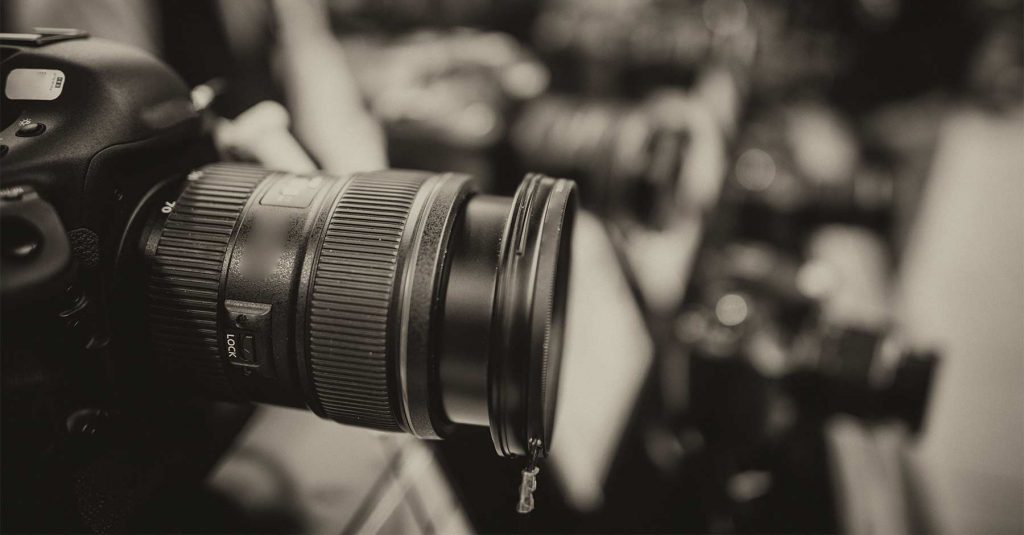You may be surprised to learn that photographers have many different rights regarding the work they create. This blog post will explore photographers’ basic legal rights and what those rights mean for you as a photographer. This information will include a bit about commercial rights, licensing rights, and copyright law.
Copyright: The Most Important Legal Right Photographers Have
One of the photographers’ most important legal rights is copyright. Copyright grants photographers exclusive rights to their work and protects them from being exploited without their permission.
To be granted a copyright, photographers must first create an original piece of intellectual property (i.e., photography). To qualify for this right, photographers only need to show that they have made something original.
Copyright doesn’t need to be registered with the copyright office. However, it should be recorded if a photographer ever wants to file a lawsuit for copyright infringement. Registering copyright allows you to seek statutory damages and also provides evidence that you have a legal right to the photograph.
What Does Copyright Do?
With copyright, photographers receive exclusive rights to their pictures. This means they have the sole legal right to decide who has permission to use their property/pictures and how they may use it.
Perhaps most importantly, copyright gives you the right to license the use of your pictures. Image licensing is the process where you let someone else use your images to make a profit. They can reproduce your photographs to sell, create products and merchandise, or use them for publicity with your permission.
What Are Some Basic Rights Associated With Photographs?
Commercial rights
These are rights that allow a person or business to use an image as a way to make money, such as use for ads or promotions.
Digital rights
Digital rights mean that a photographer agrees to allow another entity the right to use a digital version of an image created by that photographer.
If the entity wants to use the image for profit, they have to arrange to receive commercial rights as well. A hard copy of the photograph is not provided with digital rights.
Editorial rights
Editorial rights allow you to use images in magazines, newspapers, blogs, or educational sites without any commercial benefits.
Exclusive rights
Exclusive rights allow the photographer to sell an image as they please and offer complete control of its use.
First-use rights
This means you give someone the right to use something first, usually for a set period. For example, you can sell a photograph to a company that can exclusively use the picture (before anyone else) for 45 days. After this, the photographer can resell the image or use it for their own purposes.
Non-exclusive rights
This category of rights allows you to sell the same image to more than one customer. It can also allow your client to make a profit from your work unless you include an exemption that prevents the future commercial use or sale of your picture.
One-time use rights
Licensing one-time use rights is a favorite option for professional photographers, photojournalists, and others who cover sporting events, news, and other activities. One-time use rights allow photographers to license their photographs so somebody can display or use them only once, under specific terms.
Second rights
This means you can resell the work or reprint it after your first rights have expired. Occasionally, you may be asked to cite the person or organization that first printed your image.
Serial rights
Serial rights are what a photographer grants to a newspaper, magazine, or periodical company so that they can publish their pictures on an ongoing basis.
These Rights Give Photographers The Ability to Receive Compensation For Their Work
Photographers have exclusive rights to their work. Exclusive rights mean that photographers have the sole legal right to decide who has permission to use their pictures and how.
What does this mean for photographers? Well, the right to license their pictures and images means photographers can make money. Photographers can earn money from every sale or use of their photos, or they can grant permission to someone else to use the photos for profit. They can limit the use of their images or release their rights entirely, giving them to someone else.
Photography is a tricky business, and it is crucial that photographers be allowed to retain commercial control over their work when they want to. The laws protect the rights of people who take photographs for a living.
Remember, people need permission before they may use your images. You are the owner of your pictures. They are your property unless and until you say otherwise.
Professional Photographers Call Our Copyright Lawyers When They Need Help Protecting Their Legal Rights
Do you take pictures for a living? Is your chosen profession photography? Have you worked hard to succeed in the photography business?
If so, you should understand that copyright law protects you and that you have the legal right to control how your work gets used by others. When someone uses a copyrighted photo of yours without permission, it might be copyright infringement. If so, you might be entitled to collect significant damages.
If you are a professional photographer and think someone is violating your copyright, call Sanders Law Group, today at 888-348-3090 for a free evaluation of your copyright claim.



